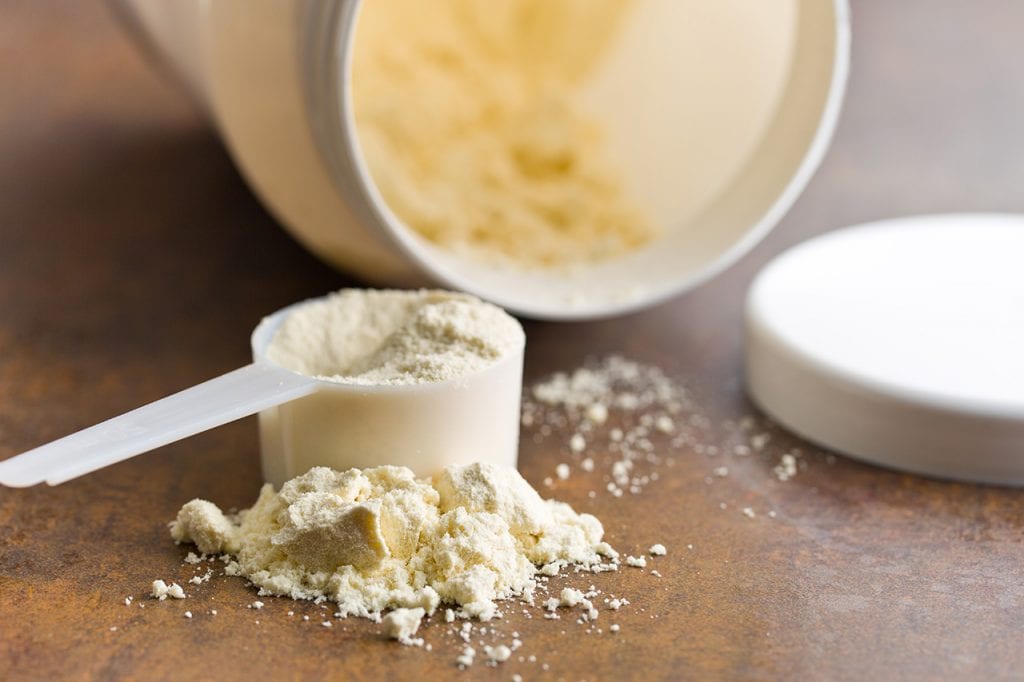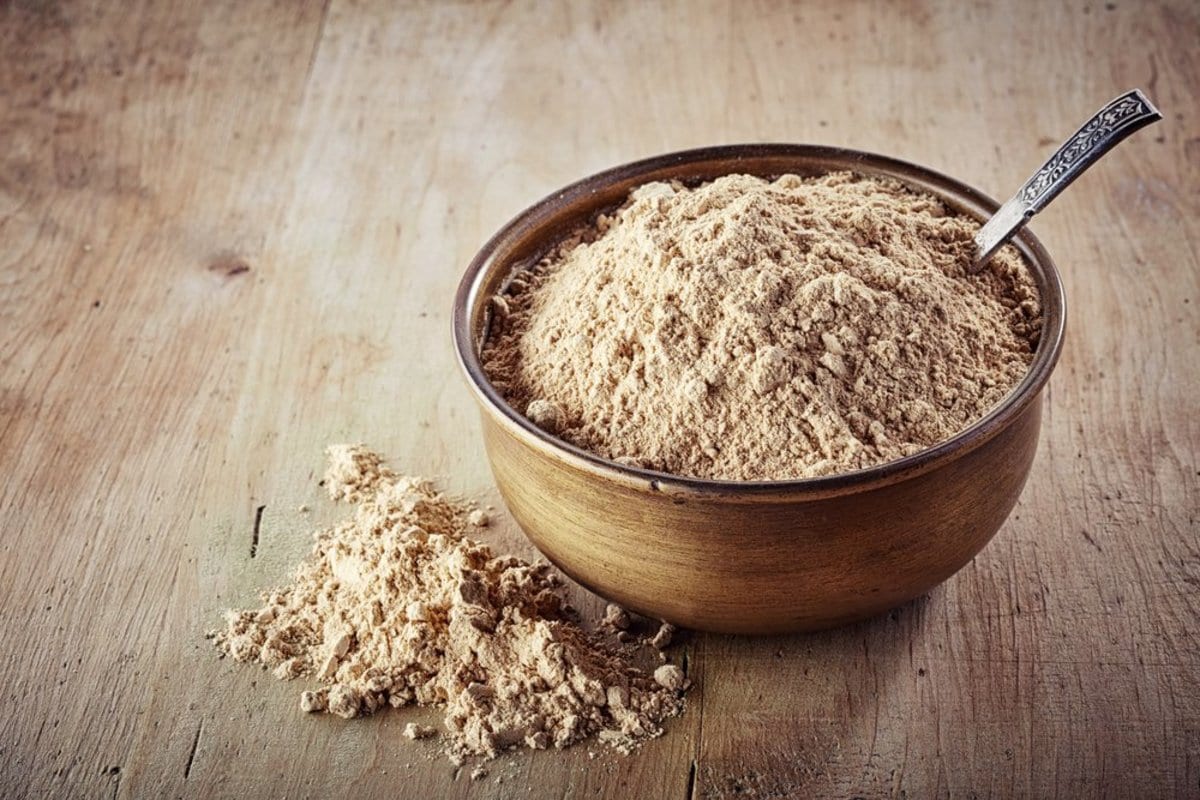Protein is an essential nutrient that plays a crucial role in building and repairing tissues, making hormones and enzymes, and supporting a healthy immune system. Whether you’re an athlete looking to build muscle, a fitness enthusiast trying to lose weight, or simply someone looking to maintain a healthy diet, protein is an important part of your nutrition. Protein powders have become increasingly popular in recent years as a convenient way to supplement your protein intake. However, with so many types of protein powder available on the market, it can be overwhelming to choose the right one for your needs. In this article, we’ll explore the different types of protein powder and their benefits, helping you make an informed decision on which one to choose.
Protein powder is divided into two categories: animal-based and plant-based. The most popular animal-based protein powders include casein, whey, and egg-white. Soy is the most popular plant-based protein followed by rice, pea, and hemp.
Here are some of the most unusual protein powders in the market that are as beneficial as conventional protein powders.
Cranberry seed protein powder
If you thought animal and proteins are the only way to get protein benefits, you are wrong. Fruit, and in particular cranberry, is now being used as a source of protein. Cranberry seeds are ground to form a protein powder that adds to your muscle gains and boosts your energy levels when consumed. This powder contains all cranberry nutrients including antioxidants and omega 3, 6, and 9.
Algae/ spirulina protein powder
Algae contains around 60% protein, which is more than what red meat contains. This slimy blue-green freshwater plant known as spirulina is a nutritional powerhouse packed with antioxidants and all essential amino acids. It ranks among the healthiest forms of protein powder due to its nutritional composition and health benefits.
Bone broth protein powder
Bone broth can be made into a protein powder that contains all the health benefits of the liquid broth. This protein powder is kind to the gut, and it also contains nutrients and minerals that support the skin, joints, and muscles.

Pea protein powder
Protein extracted from yellow peas is used to create this powder that is both vegan and hypoallergenic. Amazing pea protein powders are a great source of iron and can aid heart health, weight loss, and muscle growth. It is rich in all the essential amino acids and goes well with special diets like dairy free and gluten free.
Beef isolate protein powder
This animal-based protein powder is rich in protein and both essential and branched chain amino acids. The beef isolates amino acid profile is as rich as any whey in the market. The digestion rate of the protein is estimated to be slower than that of standard whey proteins and is similar to that of an egg white protein.
Insect protein powder
Insect protein powder is natural and delicious. A variety of insects including grasshoppers, beetles, silkworms, mealworms, mole crickets, wild crickets, and locusts are used to make the powder. These insects are low in carbohydrates and rich in protein, iron, calcium, magnesium and healthy fats. Additionally, insect protein powders do not contain fillers that are common in whey.
Nutritional yeast
Nutritional yeast contains as much protein as whey but is richer in B vitamins and dietary fiber. It is also sugar-free, gluten-free, low in sodium and fat and contains iron. The yeast is also good for bowel, digestive and heart health.
Goat milk protein powder
Goat milk protein powder has both whey and casein. It produces a finer curd than cow’s milk, which makes it easily digestible even for sensitive tummies. Goat protein powder contains the perfect amino acid profile for building muscle and lean body tissue.
Each of the protein powders discussed above is unique in its own way. Each has its advantages in different situations. If you are looking to try out something different, these are great options. Make sure you pick one that has a nutrient profile that meets your health and body needs.








